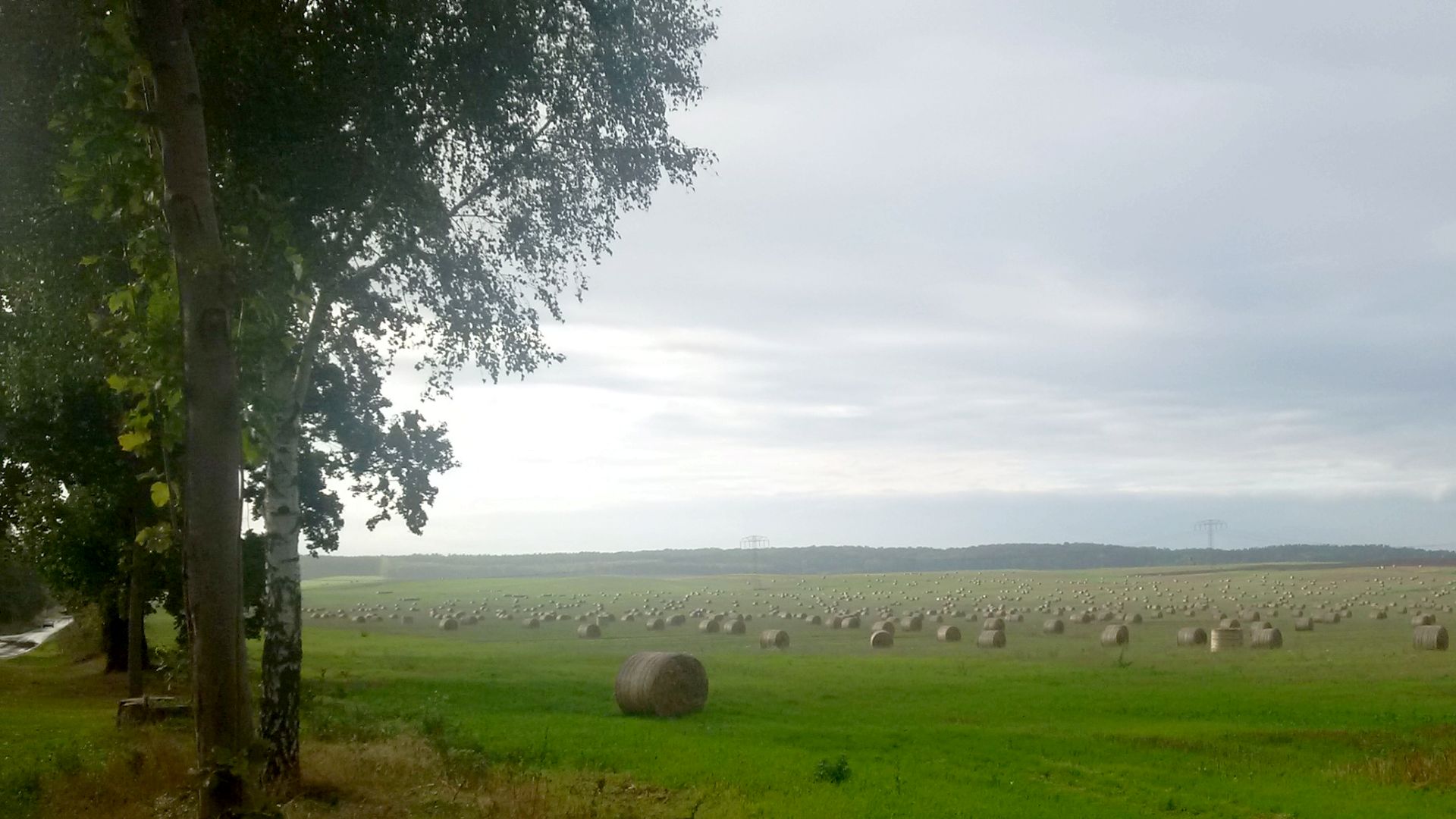With regard to the task of a sustainable transformation of society, the question arises under which social and political conditions it can be possible to promote a development in urban areas that is oriented towards the common good and socially acceptable, and which potentials classical, but especially innovative socio-ecologically oriented forms of communal living together and community- as well as common good-oriented social practices can unfold in this context.
The task is to develop a sound basis for the cross-cutting environmental policy task of strengthening common good orientation and socio-ecologically compatible coexistence. This includes, on the one hand, the development of support strategies and recommendations for action for environmental policy and of bases for improved communicability of the environmental policy contribution to the development of a sustainability-oriented culture of common good and participation. On the other hand, strategies and instruments of knowledge transfer and competence building are to be developed, which are directed at the (civil) society actors themselves and support them in initiating, stabilizing and disseminating different forms of socio-ecologically compatible coexistence and social practices oriented towards the common good.
Birgit Peuker & Jana Rückert-John (2017): Potenziale und Herausforderungen von Gemeinschaftlichkeit und Gemeinwohl für den sozialökologischen Wandel Ergebnisse einer repräsentativen Bevölkerungsumfrage. Beiträge zur Sozialinnovation 19. Berlin: Institut für Sozialinnovation.
To view the final report, click here.
To view the brochure, click here.
